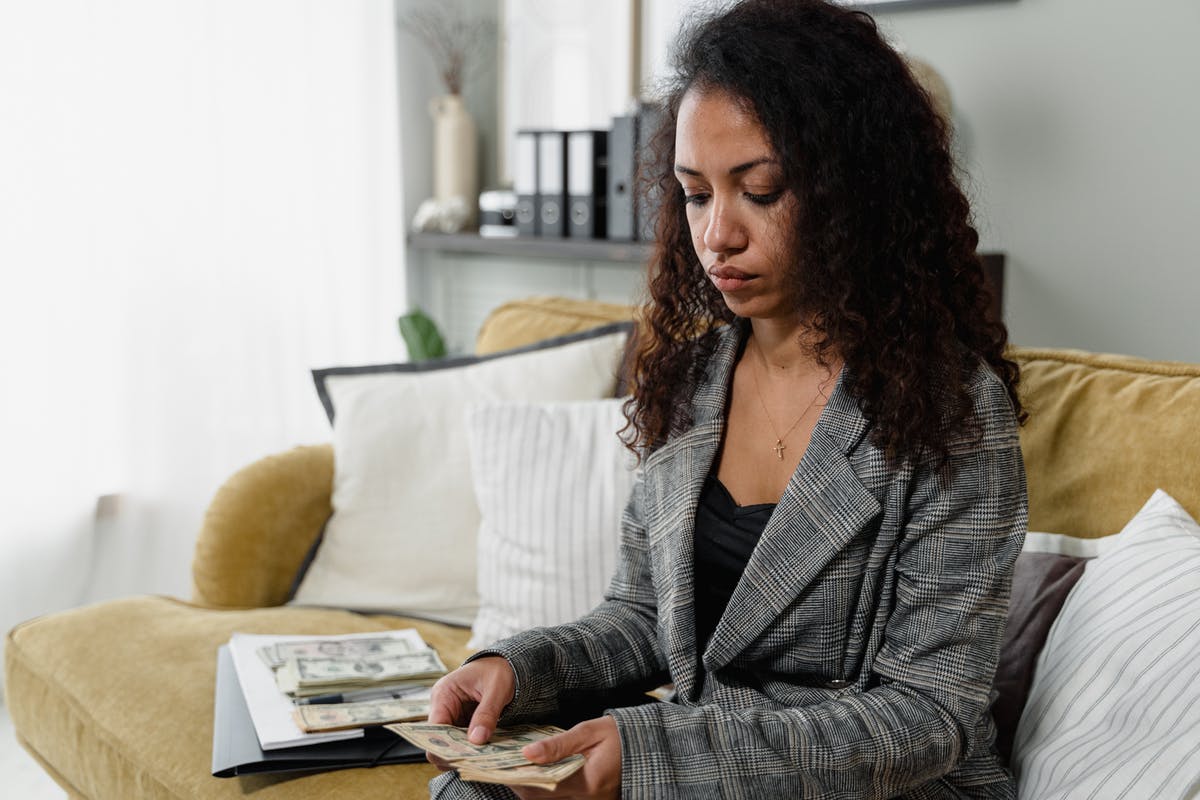Contents
Jump To:
We all have an emotional attachment to money (despite many of our thoughts to the contrary), just like we have an attachment to air, food, and water. It is something that we depend on to survive. Yes, it would be fun to live in a world without money where we could all work together in providing and using our individual skills to help one another without the need for monetary transactions, but unfortunately it is not the world we live in.
1. Avoidant Attachment
Avoidance can come from a number of things, such as feeling overwhelmed, or not having a game plan as to how to take the next, right step financially. This can look like someone “burying their head in the sand” and not looking at their checking account or credit cards, hoping everything will work out with anxious fingers and toes crossed! Many people live in this scenario and it can seem like the easiest route to take, but it ultimately leaves you feeling uncertain and not knowing where you truly stand on reaching your goals.
2. Anxious Attachment
Anxiety and finances; sounds like they are made for each other like peanut butter and jelly! Many people (including myself) have lost sleep over finances and worrying about making the right decisions can certainly be anxiety producing. An anxious person might say, “there are so many options out there, which one is right for me?” or “I am constantly looking at my investment account and nervous about what I find.” These are just a few of the things that someone who has an anxious attachment to money might be thinking.
3. Disorganized Attachment
Disorganized attachment to money may be someone who can’t keep things straight and is constantly stopping and starting financial choices. For example, they start putting $100 a month into a retirement account, then the next month they invest in cryptocurrency, then they put it towards paying down their mortgage the next month. This person may have multiple (and often unused or underutilized) accounts and a lack of knowledge about what exactly is happening to their finances.


